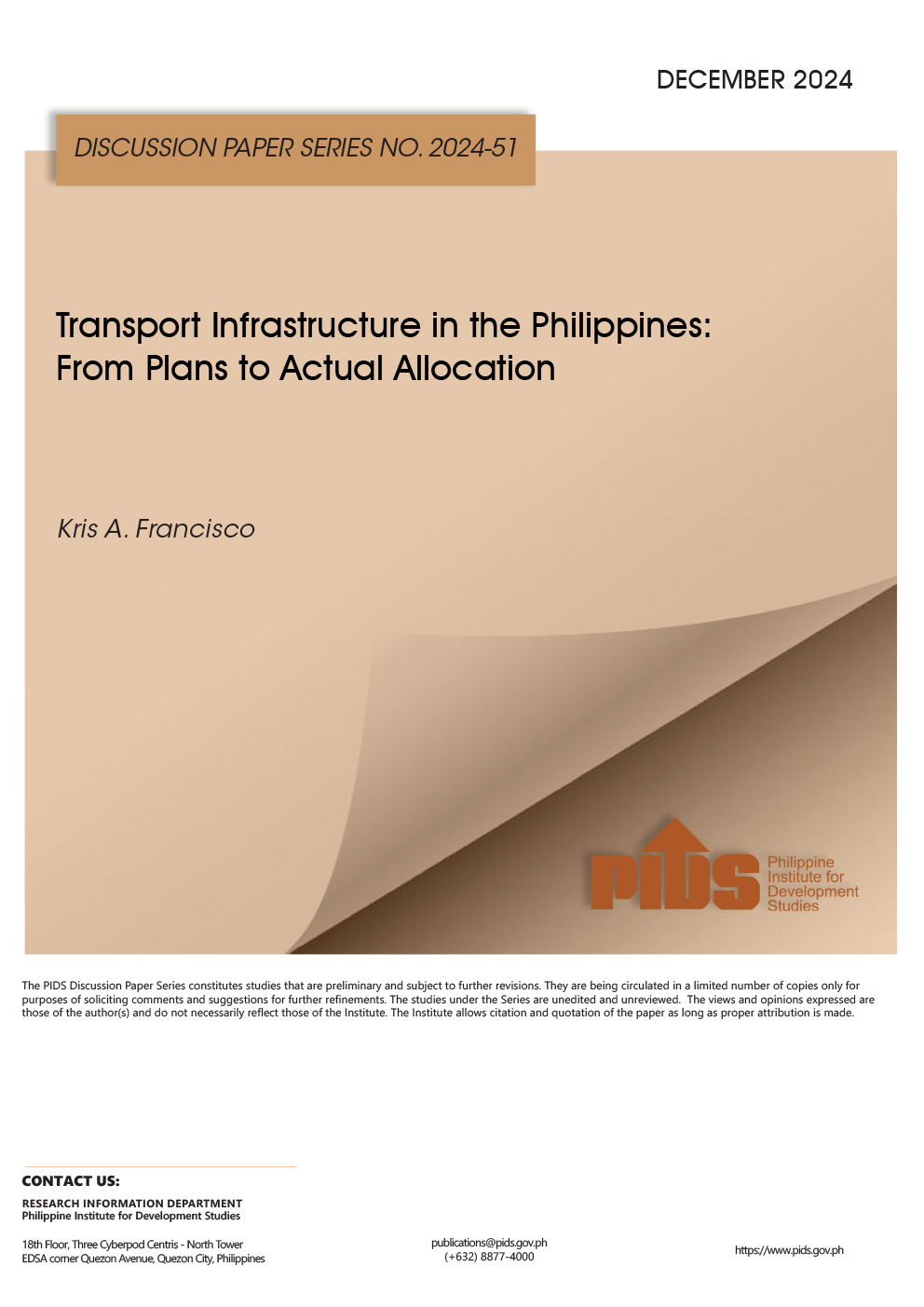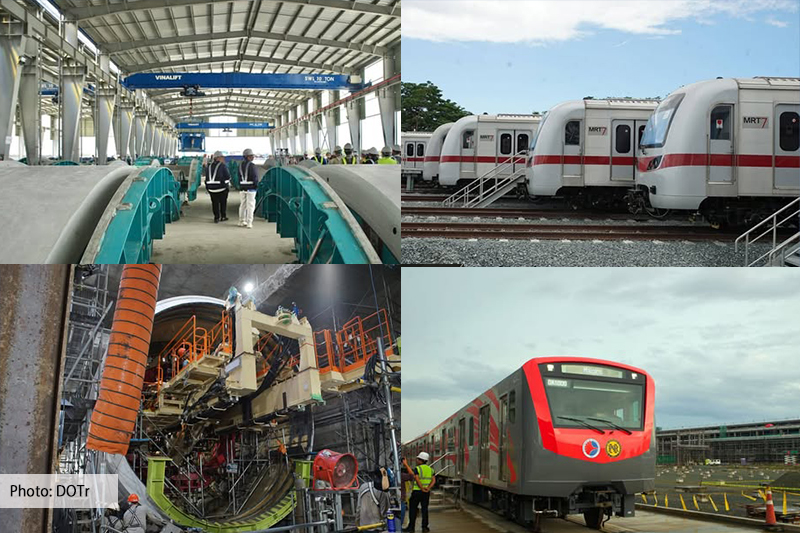A recent study by the Philippine Institute for Development Studies (PIDS) has shed light on the significant economic toll that electricity supply interruptions inflict on local economies across the country.
Conducted by researchers Kris A. Francisco and Michael R.M. Abrigo, the discussion paper titled “Electricity Supply Interruptions and Its Impact on Local Economies” reveals that frequent power outages lead not only to immediate disruptions but also have long-lasting effects on local government revenues and the provision of crucial services.
The study, utilizing data from 2010 to 2022, also sheds light on a critical, yet often overlooked aspect of economic development: the reliability of electricity supply.
Iloilo City and province are no strangers to prolonged power outages as it suffered the same fate twice in April 2023 and January 2024.
The City government estimated its losses to the latest 3-day blackout at PHP1.5 billion or PHP400 million to PHP500 million daily.
The provincial government claimed that it lost PHP3.7 billion for four days of power outage.
UNSEEN ECONOMIC DRAIN
The study’s findings reveal that frequent electricity supply interruptions significantly impact local government incomes, particularly through reductions in business taxes and real estate taxes.
Specifically, the analysis indicates that every additional electricity interruption could reduce business tax collection by about 0.2% in the initial year, accumulating to a near 1% reduction over four years.
Real estate tax collections also suffer, though the effect is slightly less pronounced than on business taxes.
“In our analysis, we showed that a single electricity supply interruption experienced by ECs results to a PHP10.7 billion loss for local government from just the reduced earnings from economic enterprises, business taxes and real estate taxes,” the study added.
This cumulative impact translates to a substantial financial loss for local governments, impairing their ability to fund essential services and development projects.
The study indicated that a local government could suffer “reduced income from government enterprises (PHP3.8 billion), business taxes (PHP5.3 billion), and real property taxes (PHP1.6 billion).
RIPPLE EFFECT
Moreover, the research highlights how these power interruptions not only affect local government finances but also the provision of critical services to the local population.
The data point to a worrying trend: as local revenues dwindle due to these interruptions, expenditures on vital services such as housing, community development (PHP3.6 billion), and labor and employment face significant cuts (PHP300 million).
“It (outages) likewise causes a contraction in local government expenditure related to housing and community development, and labor and employment, depriving the local population of around PHP3.8 billion worth of undelivered public services. These findings are worrisome given that the median frequency of electricity supply interruptions in 2022 is 28 times, based on our sample,” it added.
These reductions have far-reaching implications, from stunting local economic growth to affecting the quality of life of residents.
IMPROVE ELECTRICITY RELIABILITY
The study underscores the urgency for policy interventions aimed at enhancing the reliability of electricity supply, especially outside the National Capital Region.
The authors advocate for a policy shift towards minimizing the frequency of power outages, emphasizing the development of strategies to bolster the performance of Electric Cooperatives (ECs) and ensure adequate power supply.
This approach necessitates a holistic view, incorporating infrastructure upgrades, regulatory reforms, and investment in renewable energy sources to create a more resilient and reliable power supply network.
“First, we underscore that improving electricity reliability, especially outside the NCR, is both crucial and urgent as unreliable electricity supply has major repercussions on local growth and development. Second, our results suggest that the policy focus should be on minimizing the frequency of power outages. Hence, developing policies that would help boost the performance of ECs as well as ensuring they have access to enough power supply should be high on the list of priorities,” the researchers asserted.












